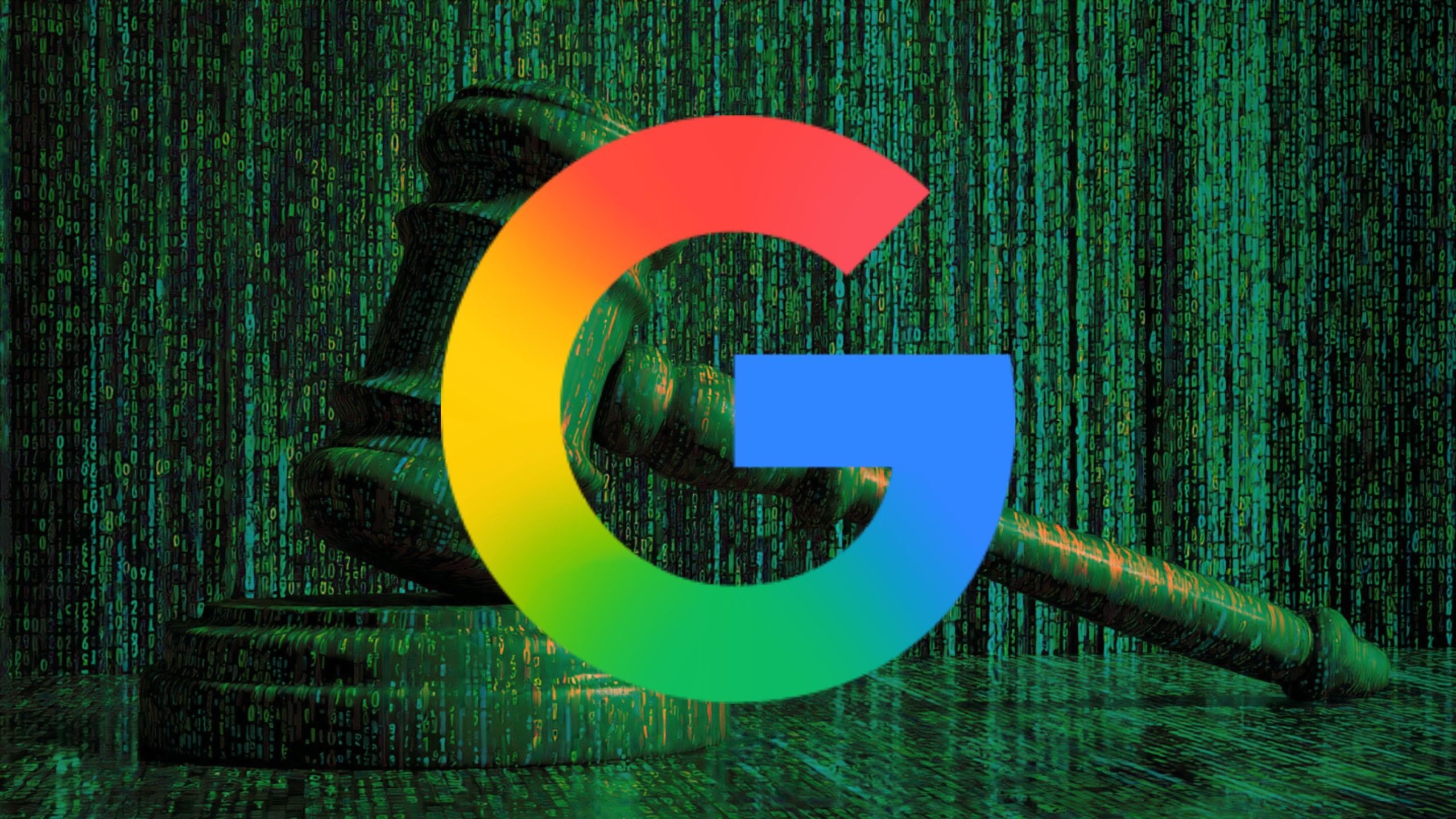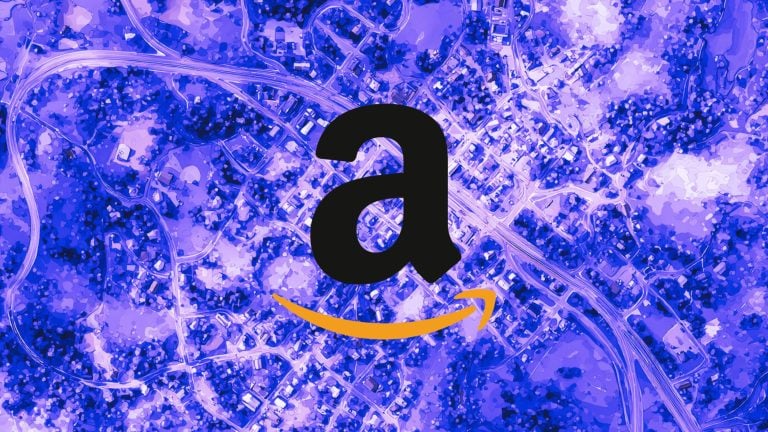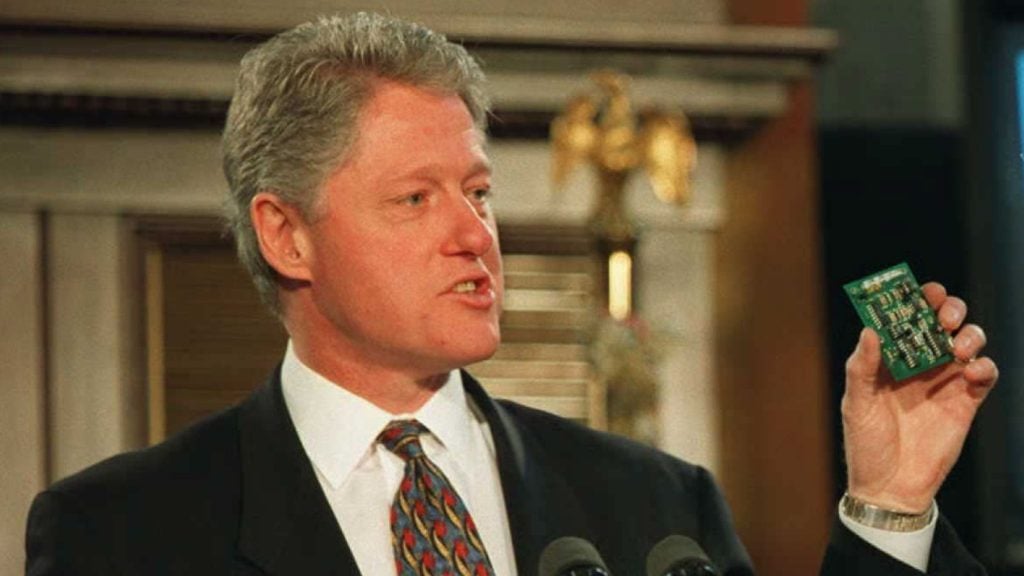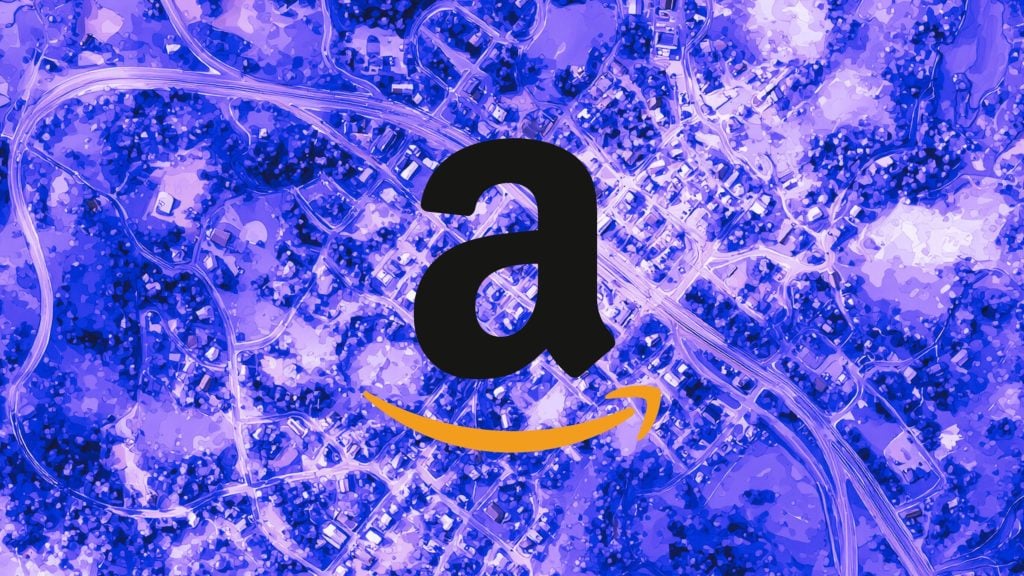Google has started making major adjustments to the US version of its Play Store after losing its antitrust case against Epic Games, marking the first time the company has been legally forced to alter how its app marketplace works.
Developers now have expanded freedom to communicate with users and handle payments outside Google’s systems, breaking from a long-standing model that kept nearly all transactions within Google’s control.
Under the new rules, app makers can share direct download links, talk about pricing or payment options, and accept transactions through other billing services.
They are no longer required to use Google Play Billing or set prices based on whether that system is used.
The update represents a significant change in how app distribution and payment flexibility are handled in the US as part of a court-ordered compliance process.
The legal fight began in 2020 when Epic Games tried to sell Fortnite items without going through Google’s payment setup.
That move led to a broader challenge over how Google manages Android app distribution. While Epic’s similar complaint against Apple failed, the court determined that Google had taken actions that limited the development of rival app stores.
After an unsuccessful appeal earlier this year, Google was left with little choice but to follow the court’s decision.
According to new support documents, developers in the US can now direct users to external websites for app downloads or payments, bypassing the Play Store entirely.
This could result in lower prices for users, since Google’s service fees, which can reach 30 percent, will not apply when outside billing systems are used. The company emphasized that these changes apply only to the US market and will remain in place “while the US District Court’s order remains in effect.” Judge James Donato’s ruling is set to expire in November 2027.
Despite complying, Google is still fighting to overturn the judgment.
The company argues that keeping the Play Store tightly controlled helps maintain user safety and consistency in the app ecosystem. Recently, it asked the Supreme Court to block the lower court’s order, warning that it could disrupt the Android marketplace.
The Supreme Court declined to freeze the order but left the door open for a full review, and Google has now filed a petition seeking that appeal.
If the Supreme Court agrees to hear the case and sides with Google, the company could restore many of its former restrictions. If not, additional changes will follow.










